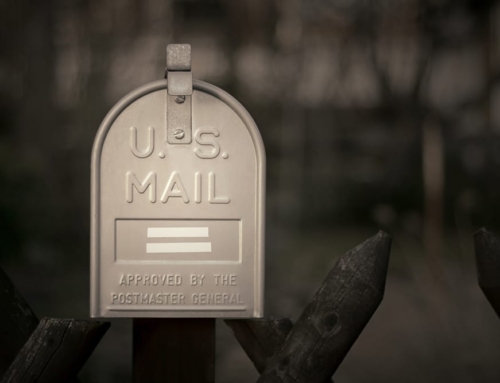If you are one of the millions of homeowners who received a loan modification during the Great Recession, you may now be receiving letters from your home loan servicer with new information about future rate adjustments.
How does this affect you?
If your rate adjusts, the interest rate on your modified loan could increase by 1 percent each year until it reaches a specified cap. With each rate increase, your monthly payment will also go up.
For example, your original interest rate may have been reduced from 8.25 percent to 3.25 percent, lowering your monthly payment from $1,000 to $600 for five years. In year six, the interest rate will increase to 4.25 percent, causing your monthly payment to jump to $700, and in year seven, it will increase 5.25 percent, resulting in a monthly payment of $800. Annual rate increases will continue until you’ve reached the cap, which is the market rate at the time your original loan was modified.
If you aren’t ready for the increased payments, you could forfeit some of the benefits you received when you modified your loan. As part of the Home Affordable Modification Program (HAMP), you may have been offered a principal reduction of up to $1,000 each year for the first five years of your modification. This is only available as long as your modified loan is in good standing. At 90 days past due, you’ll not only forfeit that $1,000 each year, but you could face more serious consequences—including possible foreclosure.
What if you can’t make the payments?
If your modified loan is not in good standing because of late payments, benefits such as principal reduction will not be reinstated, and future benefits may no longer available. The good news is that as long as you’ve successfully completed the trial period, you may still have lower monthly payments under the modified loan terms.
However, it’s critical that you contact your lender immediately to discuss your options for getting caught up and avoiding possible foreclosure. If you have a new financial hardship to substantiate, you might even qualify for another loan modification. There are also other options, such as short sale or deed-in-lieu, if you prefer to leave the home at this point.
How will this affect my credit?
As long as you continue to make on-time payments as outlined in the terms of the modification, your credit shouldn’t be affected. However, as with any loan, payments made after the due date or for less than the minimum payment will likely be reported to the credit reporting agencies (CRAs) and affect your credit score negatively. You may also face late fees and continuation of the foreclosure process which, if carried out, could further damage your credit and carry long-term financial consequences.
What are my options?
Late or insufficient payments are generally reported every 30 days. The later your payments, the more your credit may be impacted. For this reason, it is important to take immediate action if you’re having trouble.
You may find re-evaluating and adjusting your budget is all it takes to ensure you have enough money each month to cover your changing mortgage payment. However, if you’ve cut all non-essential expenses and you’re still unable to make your payment, contact your lender or the Homeowner’s HOPE Hotline (888-995-HOPE) immediately to discuss your options.
[amazon_link asins=’1524763438,0609809954,0609809334,0812925319′ template=’ProductCarousel’ store=’thinkglink-20′ marketplace=’US’ link_id=’6350de49-1593-11e8-b371-3d02594cdb0c’]






